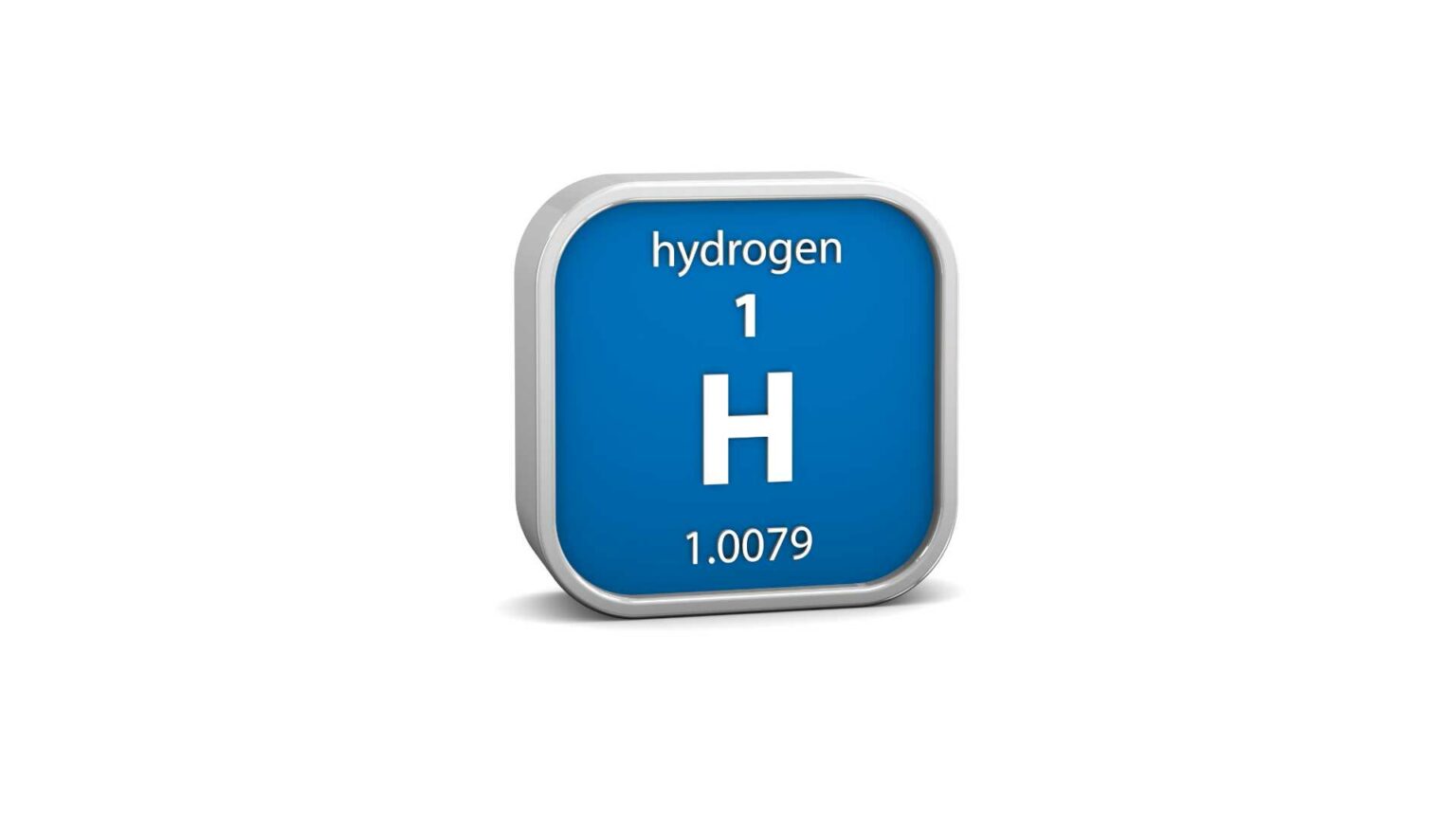The Department of Energy (DOE) has heeded the advice of the Bipartisan Policy Center’s (BPC) American Energy Innovation Council, marking a pivotal step towards fostering clean hydrogen projects.
The implementation of a demand-side support program, orchestrated by a third-party intermediary, aims to attract private sector investment, aligning with the nation’s commitment to advancing clean energy technologies.
The Bipartisan Policy Center, a proponent of policy solutions for clean energy advancement, has been a driving force behind the DOE’s decision. Having played a vital role in advising the DOE on the effective implementation of a hydrogen demand-side support program, BPC brings a wealth of political viewpoints and private sector insights to the table. The organization has further solidified its commitment by crafting a comprehensive guide on designing demand-side financial tools, essential for catalyzing diverse clean energy markets.
Tanya Das, Senior Associate Director of Innovation at BPC, commended the DOE’s calculated risk in dedicating funding to this program. She emphasized the potential of demand-side support to unlock vital private sector investments crucial for the commercialization of clean hydrogen. By addressing early supply and demand imbalances, the program holds the promise of propelling clean hydrogen into the forefront of the nation’s energy landscape.
The newly introduced demand-side support program aligns with Congress’s vision, particularly through the Regional Clean Hydrogen Hubs program. By strategically addressing market challenges for various types of clean hydrogen, the program endeavors to maintain bipartisan support, echoing the collaborative spirit that led to the creation and passage of the H2 Hubs program.
